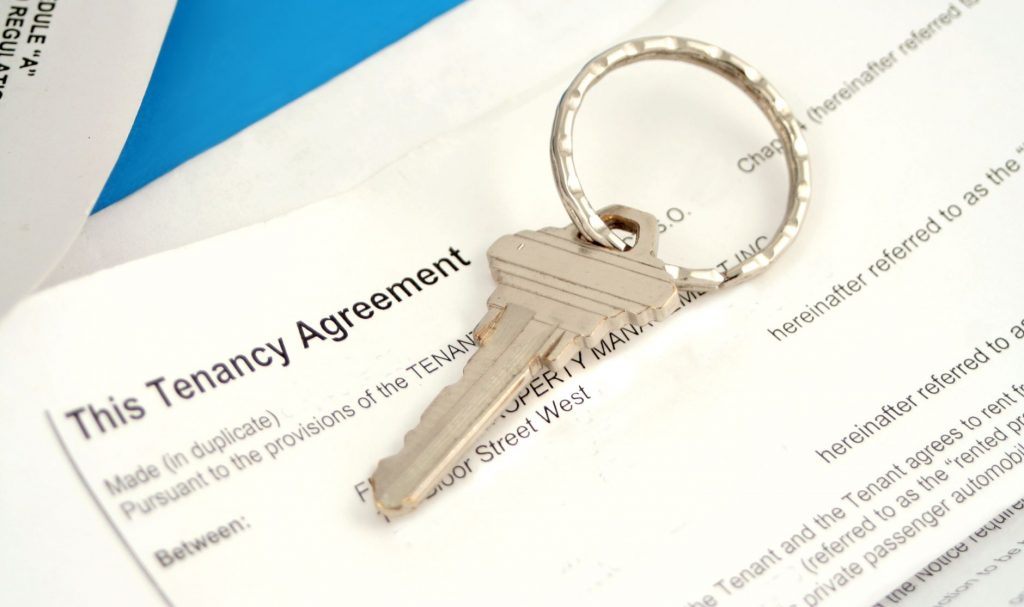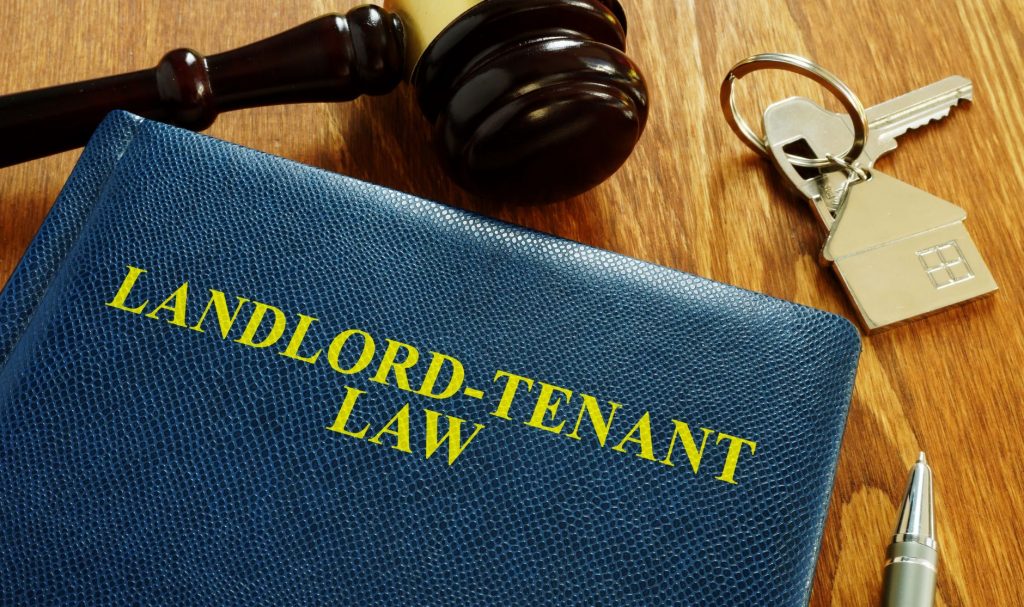How To Use Data And Analytics To Optimize Rental Property Maintenance
8 Mins Read
Published on: 21 November 2023
Last Updated on: 25 January 2025

toc impalement
A rental property manager needs to be at the top of their game at all times. They should be good at juggling multiple things at the same time. However, it is 2025 and we believe that things should come easy to people.
This is why we have decided to bring in our expertise and help you make rental property management easy. Data analytics in property management can help you make this job easy and streamlined.
Therefore, this article is all about that. Here, we will be looking how data analytics can help your rental property management business breezy.
The Role Of Data Analytics In Rental Property Maintenance
Data serves as the foundation for making smart maintenance decisions. By tracking and reviewing metrics like
- Tenant repair requests
- Regular inspection reports
- Work order history
- Inventory and supply levels
- Vendor costs
- Tenant feedback
Property managers benefit from data insights when trends, issues, and improvements become clear. However, data needs good organization and analysis. Earnest Homes property management services have proved this. They use data analytics to enhance efficiency, lower costs, and handle problems proactively. This approach helps in improving maintenance operations and keeping tenants satisfied.
Organizing Maintenance Data
Effective data management is key. To make data work for you, keep everything organized. Use property software or maintenance systems to store all records in one spot. This way, you can easily find what you need.
Sort repairs by unit, vendor, or type, and create custom reports. Don’t forget to back up your data regularly to keep it safe.
Analyzing Maintenance Data
Looking for patterns is what transforms raw data into actionable insights. Managers can analyze maintenance records to identify:
- Faulty appliances and frequent repair needs
- Cost spikes for certain work orders
- Relationships between tenants, units, and repair requests
- Useful lifetimes of equipment
- Optimal frequencies for preventative maintenance
Advanced analytics like predictive modeling can take data-based insights to the next level.
Leveraging Predictive Maintenance
Predictive maintenance uses automated analytics to forecast maintenance requirements before issues arise. By detecting subtle performance changes over time, the models identify potential problems early.
Predicting Failure Before It Occurs
Take a look at this example. If data reveals that your fridge uses 10% more energy over 3 months, it might get sick. You can order the fix in advance instead of waiting for it to stop working.
However, you must understand that problems can pop-up anytime. Therefore, you need to be ready to face them at a moment’s notice. Therefore, the best and the most important precaution is prevention and preparedness.
Optimizing Maintenance Scheduling
Analytics can plan maintenance more competently. It looks at how old things are, how long they usually last, and when they might break. So, maintenance is done just in time, not too early or too late.
Proper predictive maintenance slashes downtime and costs substantially. Studies show it reduces maintenance expenses by 20-25% and nearly eliminates unplanned downtime.
Conducting Cost-Benefit Analysis
Crunching the numbers is crucial for evaluating maintenance programs. Key metrics property managers should analyze include:
- Total maintenance costs: Labor, materials, overheads
- Cost per unit: Average spending on each rental unit
- Lifetime equipment costs: Expenses for replacements and repairs
- Cost of downtime: Lost rental income from vacancies and tenant turnover
Comparing these metrics before and after changes measures impact. Data helps answer questions like:
- Should we purchase extended warranties for appliances?
- Is it cheaper to replace or repair aging HVAC systems?
- How much do energy-efficient upgrades save annually?
Analytics quantifies the ROI on staffing, training, tools, materials, and equipment investments. Managers can then optimize budgets and processes.
Maintaining Tenant Satisfaction

Tenants want their units well-cared for, their issues fixed fast, and minimal disruptions to their daily lives. You can see first-hand how maintenance impacts tenant satisfaction by tracking metrics like service request response time, the time it takes to resolve each request, and surveys after repairs.
Analyzing patterns in response times and feedback surveys can show you where there’s room for improvement. Moreover, it also helps you pinpoint what your tenants value most. Faster response? More communication? Whatever it is, data reveals how to enhance responsiveness and exceed tenant expectations.
Data further allows you to get proactive with maintenance. For example, if complaints pop up about an appliance, predictive models may forecast a failure coming soon. That heads-up lets you schedule preventative maintenance ahead of time.
This reduces future complaints and service requests from ever happening. Your satisfied tenants will stick around longer – data shows each 5-point increase in satisfaction lowers tenant turnover by 5%. As a result, your reputation as an attentive, caring property manager will reach new heights.
High-performing maintenance keeps your reputation strong. As a result, maintaining tenant satisfaction through data analytics leads to better retention.
Planning And Scheduling Maintenance
Maintenance data guides teams in planning tasks, staffing, inventory, and vendor contracts. Analytics uncovers which units require more repairs, seasonal maintenance needs, optimal staffing ratios for different properties, and valuable parts and materials to stock.
With these insights, managers can compare the costs and benefits of different maintenance strategies:
| Maintenance Strategy | Cost | Benefits |
| Preventative | Moderate | Avoids large repairs, reduces tenant complaints |
| Reactive | High | Short-term cost savings |
| Predictive | Low | Optimizes timing, avoids emergencies |
As the table shows, predictive maintenance is the best bang for the buck. It helps plan maintenance, so it’s not a last-minute scramble. Hence, the software can also remind us to do regular tasks, like changing HVAC filters and ensuring nothing’s forgotten.
Maintaining Legal And Safety Compliance

Neglecting safety, health, and operational code compliance can lead to severe fines or lawsuits. Analytics helps avoid issues by:
- Flagging upcoming inspections, permits, and renewals
- Tracking compliance documentation
- Monitoring safety incidents and liability risks
Data analysis also reveals patterns leading to violations, like consistent leaks or mold in specific units. Managers can then address underlying causes proactively. Subsequently, data helps ensure properties remain legally compliant, keeping tenants safe and minimizing owner liability.
Key Questions To Ask
Implementing data-driven maintenance takes evaluation and planning. Here are some key questions property managers should consider:
- What metrics will offer the most valuable insights for your properties?
- What data collection processes need optimization?
- How will you categorize and analyze data?
- Who will be responsible for reviewing analytics and acting on insights?
- How can you make data digestible for quick reading?
- What maintenance software options fit your budget and needs?
The more clarity you gain on these fronts, the smoother the path to data-driven maintenance. Therefore, don’t hesitate to consult technology vendors, fellow property managers, and industry experts for guidance.
Start Investing In Data Today

Here are a few steps rental property businesses can take to get started with leveraging data:
- Begin centralizing maintenance records digitally if relying on paper files.
- Explore management software with built-in analytics and reporting.
- Discuss data analysis needs with your current software or IT provider.
- Designate personnel to organize and review maintenance data weekly or monthly.
- Set metrics you want to track and optimal targets to evaluate impact over time.
Maintenance optimization is an ongoing process. Be consistent about collecting data, conducting analysis, and making incremental improvements. The long-term rewards for your business will be substantial.
Use Data To Take Your Rental Property Maintenance To The Next Level
Data and analytics can revolutionize rental property maintenance. Let’s recap. Here are five key benefits of becoming data-driven with your maintenance operations:
- Identify cost savings and efficiency opportunities
- Make maintenance proactive rather than reactive
- Enhance tenant satisfaction and retention
- Create systematic maintenance plans and schedules
- Maintain legal, safety, and operational compliance
Don’t get left behind – take control of your maintenance operations and maximize your returns with data analytics now!
Challenges Of Including Data Analytics In Property Management
Data analytics can be an amazing tool that can help your business grow. However, assimilating this process with this business model can be a difficult feat to achieve. Therefore, the best way to proceed is to understand what challenges you might run into. Here is a rundown of the said challenges:
- Integration: Integrating a new process into an existing business model is never easy. As a property manager, you need to be ready for the initial jerks and roadblocks. You need to brave through the sludge of integration. This can last up to the first six months of the process.
- Security: Data is the most important detail for a business. Now, since you are collecting and storing data in one place, it raises the risk of data breaches. These breaches can hit your organization hard. As a result, you need to implement security measures to deter such activities as well.
- Loss Of Control: Automating takes away agency. Therefore, if you are planning on automating or taking external help, you are quietly giving up your agency. This can create an intrinsic cycle where the business loses its human-centric ideas.
- Knowledge limitation: Not everyone will be adept with the new systems. As a result, you need to implement training programs to teach everyone. This can be quite costly and time-consuming. As a result, making the process more arduous.
People Also Asked
We have already handled almost all the essential points you need to understand the role of data analytics in property management. However, there are some more questions that the internet is asking. Therefore, this section is all about those questions. Let’s go!
What are the Most Critical Maintenance Records I Should be Tracking?
Focus on collecting service requests, inspection reports, work orders, costs, equipment ages, and tenant feedback. Those will offer the most helpful insights.
What Skills does My Team Need to Make this Work?
Your property managers should be comfortable with basics like data entry, reading reports, and using maintenance software. Provide training if any skills need strengthening.
How Long will it Take to See the Benefits of Using Data?
Expect the transition to take 6 months to a year. But once your new data processes are in place, the payoff of lower costs and happier tenants will be fantastic.
Conclusion
Playing a guessing game with your business will never land you in a good spot. You must be attentive, careful and understanding of your tenant’s requirements. Therefore, what better way is compared to data analytics.
Data analytics in property management will allow you to get ahead of your responsibilities with clarity and efficiency. As a result, it can help you streamline your job.
Hopefully, we were able to make you understand the importance of the process and why you need it in. Follow us for more such content in business management.
Thank you and have a great day ahead.
Read Also:


















Comments Are Closed For This Article